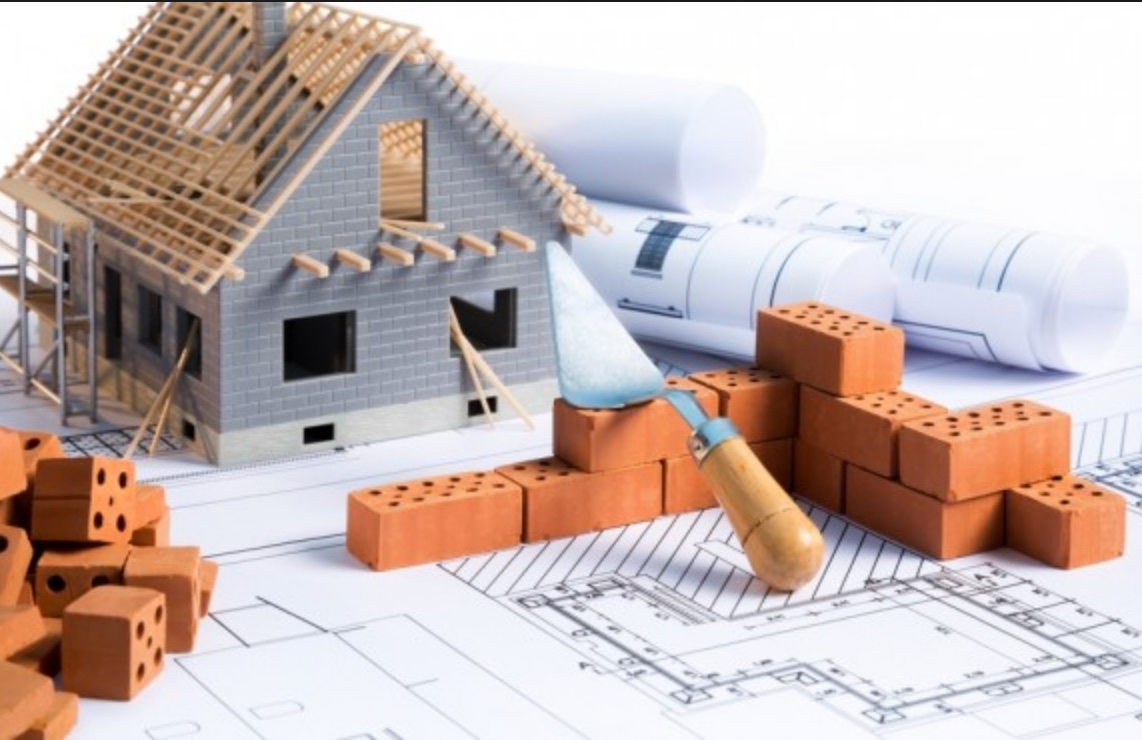
Pros & Cons of Investing In a New Construction Starter Home
Investing in a starter home was a common rite of passage that we have the Baby Boomer generation to thank for. As you know, a starter home is a modest-sized home that couples move into early in their relationship/marriage. Starter homes usually served their purpose by providing families with a smaller, more practical place to live, allowing couples to save money for when they are ready to expand their family and move into a larger home. Investing in a starter home–whether it be buying one or building one–was once a very common milestone, however, as times change and home improvement shows grow in popularity, certain customs start to change and evolve. With that, couples are weighing the pros and cons of buying a starter home (or building one) versus renting an apartment or condo–something smaller that will allow them to save money for the future. Let’s take a look at some of the pros and cons of investing in a starter home.
The Pros of Buying/Building a New Construction Starter Home
Great Tax Benefits
Investing in a starter home would give families the opportunity to write off the interest of their mortgage payments in their taxes, giving them a significant tax break. However, if a couple continues to rent from a landlord, that opportunity isn’t available to them. Renting would inhibit their ability to build equity and ultimately save money on their taxes. By investing in a starter home, a family can immediately begin to save money with their tax deductions–something that can be used towards a later investment.
Building Equity
Becoming a homeowner rather than a renter gives you the profitable opportunity to build equity on your investment. Additionally, as time goes on and you have a bit of extra money to spend, you can consider making small improvements and upgrades to your home that will increase its value, leaving you with more money in your pocket come the time you are ready to sell and move into a larger home. By investing in a new construction starter home, couples will have the ability to build more equity and save more money over time.
The Cons of Buying/Building a New Construction Starter Home
You’ll have to move more than once
Everyone knows that moving from home to home can be a major hassle that requires a lot of time, stress, and organization. Many couples find moving more than once to be a stress-filled adventure. Packing up all of your clothes, pictures, kitchenware, furniture, and other items can be quite a taxing series of events, not to mention time-consuming. Additionally, there’s always that fear of losing or misplacing certain items during the move and the dreaded day(s) spent unpacking and finding a place for everything. Additionally, the expenses that come with moving can put a serious dent in your bank account, and if you’re building a new construction starter home, you know that every last penny counts to stay on track budget wise (bringing us to the next ‘con’). However, mortgage rates are currently on the lower side, but there are other costs to consider when purchasing/building a starter home, such as title insurance, inspections, loans, and other fees. All of which have families consider their most cost-efficient option. Of course, this is a con that can easily turn into a pro with the help of a seasoned real estate agent, or reputable contractor if you’re building your new starter home.
New Construction and Going over budget
Property taxes and mortgage payments aren’t the only costs that come with owning a home, and if you are building a new construction starter home, your budget on the construction needs to stay on track. Unfortunately, with new construction, there’s always the possibility of running into a few bumps in the road, requiring you to take a step back and reevaluate where some of your budget is being used towards. Not to mention, once the home is built and you are all moved in, there’s always the chance of something going wrong; whether an appliance is on the fritz, or there’s something wrong structurally with the home, it will be up to you–the homeowners–to get it fixed instead of relying on a landlord to do it for you. Unfortunately, these unexpected occurrences can cause homeowners to go over budget.
The investment of a new construction starter home has a decent amount of pros and cons that will require homeowners to think very carefully about their investment before they make any major commitments.
